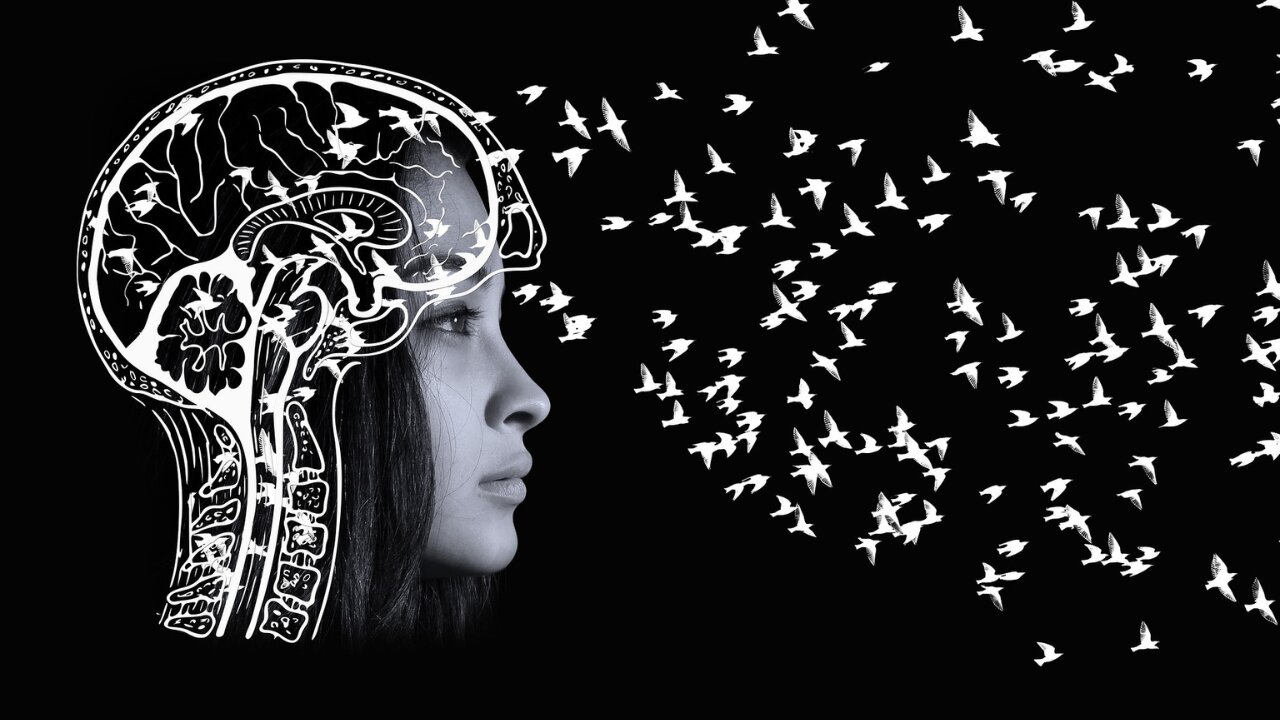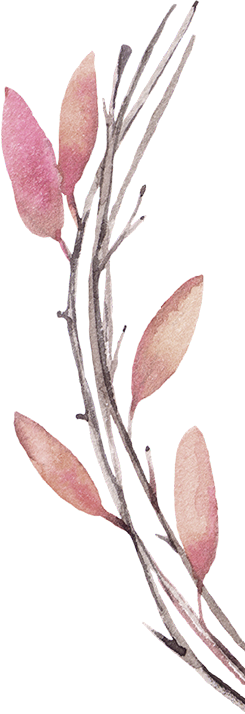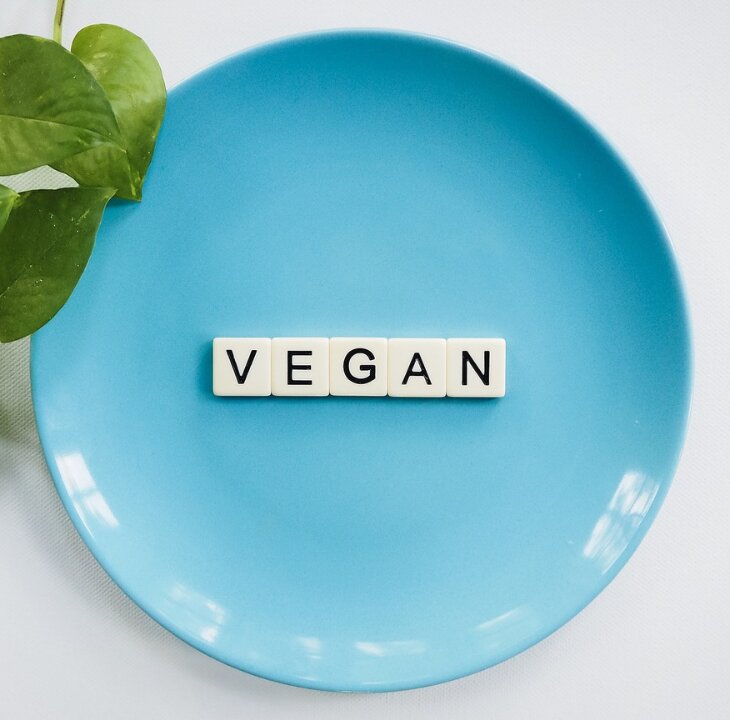Let Go of Self-Sabotaging Patterns That Keep You Emotionally Eating

Contents
If you want to be a nutritional goddess and say goodbye self-sabotage you must get to know your inner selves
If you want to step into your power as a nutritional goddess and finally say goodbye to self-sabotage, you have to get real honest and get to know your inner selves. How you show up as an eater reveals so much about what’s going on inside that beautiful head of yours. Not only does your relationship to food reflect how you feel and what you believe about yourself, but it also reflects how different parts of you interact with one another.
Yes, I said it – different parts of you. We aren’t just one static personality, friend. We are a collection of feelings, drives, and voices.
Notice the common language we use that proves these multiple selves are running the show:
- “Part of me wants to eat well, but once 6 pm rolls around another part of me doesn’t seem to care.”
- “Part of me wants to love my body, but another part doesn’t want to love it until it looks different.”
- “Part of me wants to ‘jump-start’ my habits with a detox, but another part just wants to focus on basic day-to-day health.”
Sound familiar? This sort of language is so common because it’s true. Our perception of being our own best friend and our own worst enemy can feel spot on. It’s like a tug-of-war inside your soul.
Let’s Chat, Lovely!
Does this “split personality” feeling resonate with you? Have you ever felt like one part of you is sabotaging the other? I’d love to know I’m not alone in this – drop a comment below and let’s talk about it!
Real Stories from Real Ladies
To help you see this in action, here are some examples from my one-on-one client work. My heart goes out to these ladies because we have all been there.
- Erica has been tracking her carbs on a new app and is feeling super proud of her efforts for the week. She visits family for a birthday party on Saturday, comes home, and finds herself rummaging through the cabinets to find her boyfriend’s potato chips. She eats handfuls standing in the kitchen while she is alone, wondering what happened to her willpower.
- Mia is so excited to go on a trip with her beloved but notices she’s anxious about the food situation. She tries to calm her anxiety by planning a semi-strict eating plan for the vacation. But once she arrives, something else takes over. She feels she is indulging every day and is already planning her “punishment” detox for when she gets back home.
- Anne has finally had it. She’s read enough to know sugar isn’t doing her body any favors regarding weight and hormones. She decides to cut it out completely. 4 days later, she eats 6 peanut butter cups – 4 more than she’d usually eat. The pattern just keeps resurfacing.
- Sara has been beautifully dedicated to her new routine. Her diet feels solid, and her body feels lean and toned. The problem is, whenever she gets close to her goal “something happens” and she somehow sabotages herself. This time? A weekend of eating a good deal of vegan ice cream.
- Rachel just finished 6 weeks of a Paleo-style sugar detox. Her friends plan a girls’ dinner at a wine bar. Despite wanting a smooth transition, she devours 4 pieces of bread and a dessert, feeling overly full and disappointed in herself afterward.
As these love women tell their stories, they tend to describe the version of themselves they want to be (the one that gets things done, is efficient, has willpower) and then the “ghastly” other part that seems to ruin everything. This is the part they are trying to get rid of or are constantly fighting against.
But here is the truth, ladies: in any relationship, feeling you cannot love and accept someone until they change rarely turns out well. Instead of trying to sever these frustrating parts of yourself, why not try something different?
Here’s a 3-step process to soften the patterns that get in your way
Step 1. Identify your most prominent Nutritional Selves
In my work, I’ve noticed that those who struggle with eating often experience a nutritional self from Group One living in conflict with a nutritional self in Group Two. It’s a battle of wills.
GROUP ONE: The Rebels & Comfort Seekers
- The Hungry Wolf: She has gone so long without eating that her animal instincts kick in. Her mantra? Must. Eat. Now. She’s beyond hungry. This leads to grabbing the closest foods rich in fat, carbs, or sugar.
- The Rebellious Teen: She is just waiting for someone to tell her how to be a “good girl” so she can go ahead and do the exact opposite. Don’t tell her what to do!
- The Closet Eater: She has things looking perfect on the outside. No one would know she has a different eating personality. But when she’s alone? She indulges in rich foods in amounts others would never guess.
- The Hedonist: This friend just wants pleasure. Food that tastes good! Why restrain when you can have yummy flavors? No rules, nope, no thank you.
- The Comfort Seeker: She soothes herself with doughy, salty, sweet, or rich foods whether she feels hungry or not. It’s an emotional hug in food form.
- The Inconvenienced: She has many other places she’d rather spend her time than focusing on food. Her meals are basically grazing on packaged crackers, granola bars, and convenience foods.
GROUP TWO: The Controllers & Critics
- The Inner Nutritionist: She has a full-time job keeping a tally of the “goodness” or “badness” of your choices. The rules change based on the latest book or blog she’s reading.
- The Mathematician: Always tracking something. She’s got her calculator or app to measure carbs, calories, points, or sugar. If the numbers look good, she feels safe.
- The Judge: She’s judging the habits of everyone around her who is eating “poor quality” food. It makes her feel superior, but also isolated.
- The Critic: She doesn’t understand why your body is wired so poorly or why you look the way you do. She’s convinced you’ve got it all wrong and is there to tell you about it constantly.
- The Ascetic: Concerned with purity. “Why eat more when you could eat less?” She assumes the cleanest, simplest diet is always the best one.
- The Perfectionist: On high alert about every bite. One bite could ruin everything. She is never satisfied; she could always be eating cleaner or less sugar. Her ambitions work in tandem with body perfectionism.
- The Punisher: Notices when you’ve slipped up (a sister to The Perfectionist) and “punishes” you by driving you to eat more food until you feel emotionally depleted and physically unwell.
It’s exhausting just reading that, isn’t it?
Which Self is Running Your Show?
Be honest, friend – do you identify more with the Rebellious Teen or the Perfectionist? Or maybe a mix of both? Share your “primary character” in the comments below. Recognizing them is the first step to freedom!
Step 2. Notice the burden and ask the right questions
Many of us vacillate between Group One and Group Two. It’s like a pendulum swinging back and forth. Both groups are burdened by fear, anxiety, or self-judgment, yet they deal with it differently. Group One is our instinctual self trying to self-soothe. Group Two is our socialized self trying to “get it together” through control.
Neither group is free. And neither group is truly happy.
Allowing ourselves to really see the burden of this polarity invites us to ask better questions. Instead of asking, “What’s wrong with me? Why can’t I just get it together?” (which just hurts), we can open up to questions like:
- “How do I handle my hunger and appetite more wisely?”
- “How can I soften my nutritional perfectionism without going wild with food?”
- “How do I learn to live in a nutritional Grey Zone, so eating isn’t so black-and-white?”
- “What does REAL self-care look like?”
This brings us to the very important work of step three.
Step 3. Bring in an antidote Inner Self and work to strengthen her
This is where the magic happens, lovely. We need to introduce a new character to the party.
- The Loving Mother: She is attuned to your body’s needs and feelings. She hears all parts but doesn’t buy into the knee-jerk reactions. She is grounded and knows what is best. She sets reasonable limitations but leaves room for pleasure, too.
- The Earth-Child: Feels connected with Nature. She is amazed by plant life and its nourishing qualities. She is led by reverence, not rules.
- The Explorer: Inspired by curiosity! She is free to try anything she likes with her diet without judgment. Bonus: She has the freedom to change her mind at any time.
- The Epicurean: Has a real appreciation for fine food. She eats what she loves and the best versions of it. She is very present while eating because presence means even more enjoyment.
- The Compassionate Realist: Knows, “Hey, I am not perfect, but that’s not the point.” She loves and accepts herself fully. She knows one bite won’t ruin her health. She trusts her body and metabolism.
- The Naturopath: Trusts the human body’s capacity to heal itself, given half a chance.
Do you feel the empowerment after reading about these antidote Inner Selves? Cultivating their wisdom is the work. Why? Because these are the most compassionate and resourceful selves that lead us to feel like the true lady of the nutrition household.
This is my invitation to you, love: Begin to bring awareness to your Nutritional Selves and dive into this worthwhile 3-step exploration! Ask for help from those who have done the work themselves.
We Want to Hear From You!
Okay, it’s your turn to share. What parts do you identify with within yourself from groups one and two? And more importantly, what antidote self do you feel would serve you best right now?
Share your story in the comments below – your experience might help another woman realize she isn’t crazy, just human. Let’s support each other on this journey!
Frequently Asked Questions
Why do I self-sabotage my diet?
It's usually a battle between your inner "Perfectionist" and your inner "Rebel." When you restrict too hard, the rebel fights back. It's not a lack of willpower, babe; it's an internal conflict that needs healing.
What is the 'Inner Nutritionist'?
She's that voice in your head obsessed with food rules. While she thinks she's helping, she often creates anxiety by judging everything you eat as "good" or "bad."
How can I stop binge eating?
By stepping out of the black-and-white thinking. When you stop punishing yourself for being human, the urge to "rebel" with a binge often quiets down. Cultivating the "Loving Mother" voice helps soothe the need to binge.
What are the antidote selves for better eating?
These are the empowering parts of you! The Loving Mother, the Earth-Child, the Explorer, and the Epicurean. They focus on pleasure, nourishment, and trust rather than strict rules.









Willow:
Hi Bridgitte! I’m so glad you benefitted from the article! The Compassionate Realist and The Loving Mother are WONDERFUL eating archetypes to work with. If all else fails, ask, “What would the Loving Mother” do? Best of luck, Bridgitte and thank you for your comment <3